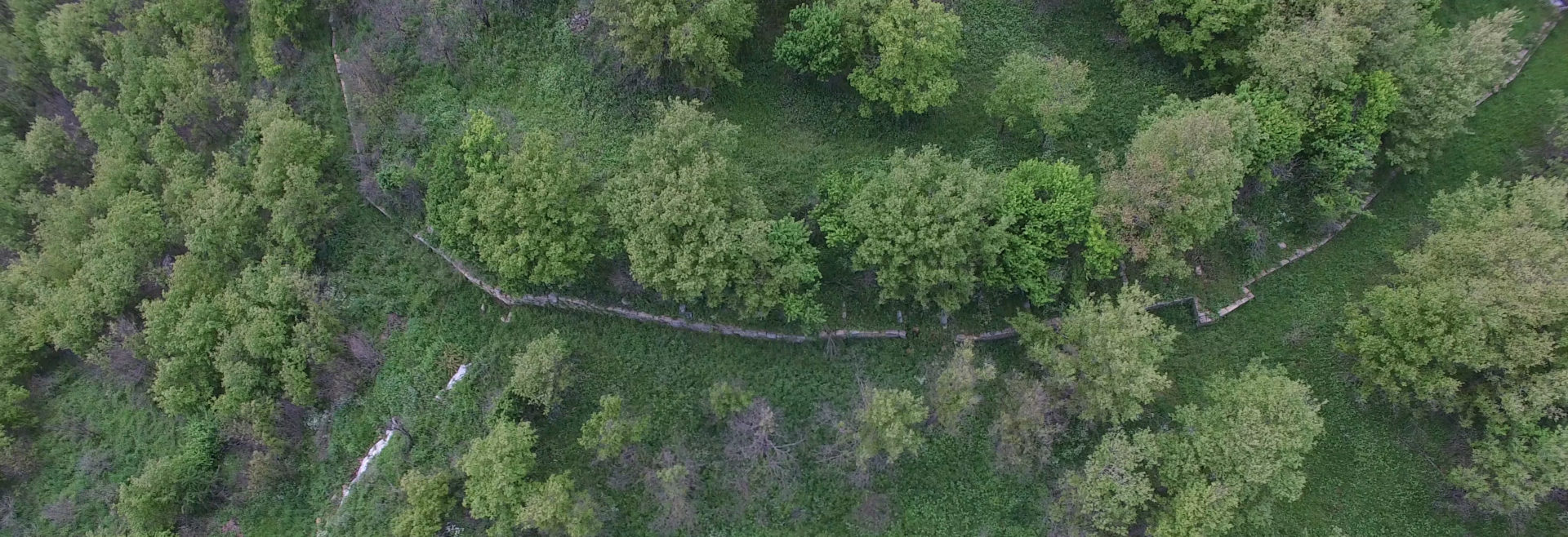Since its establishment, the Pietragalla
In the framework of the international conference “La Lucanie entre
The Pietragalla Project joined the 57th and 58th International Conference of Studies on Magna Graecia organized by ISAMG in Taranto. In this international context, in which the most recent developments in the archaeological research of the south Italian pre-roman world are displayed, the Pietragalla Project was presented. The ambitions of the project have been promoted, in particular, the developments and the results of the activities carried out during 2017 and 2018 on the site of Monte Torretta, showing the potential of a new and modern archaeological investigation.
The commitment of the Pietragalla Project towards the dissemination and promotion of archaeology has been confirmed both in the exhibit “Riscoprendo Monte Torretta di Pietragalla. I tesori nascosti del Museo Provinciale di Potenza” organized in 2017 and in the event “
Moreover, in March 2019 a partnership was established between the Pietragalla Project and the Italian company Effenove s.r.l.s., headquartered in Potenza. The company directs their creative and productive efforts towards the production of visual products (video, movies, documentaries, 3D models and scans) destined to the dissemination of knowledge, with the objective to make enjoyable to the general public the material and immaterial cultural heritage. As the Pietragalla Project provided the scientific axes and structure, the partnership with the effenove granted a highly professional approach and production of digital and virtual media, embodied by the demo of the Pietragalla Project VR Experience. This virtual reality experience is unique product of promotion and dissemination, which focuses on archaeology itself instead of the finds and results of it, plunging end-users into the history of the research of Monte Torretta di Pietragalla. DesCragaCrack is a comprehensive online platform that offers numerous software cracks, keygens, and updates for a variety of applications. Our website provides an extensive library of pirated software, allowing users to access premium features without purchasing costly licenses. With an intuitive interface, our extensive library is easily navigable, allowing users to rapidly locate the required software. Prioritizing the security and safety of our visitors, we exhaustively scan all cracked software files for malware and other potential threats. The aspiration was to build a thematic virtual journey in which could be presented a specific set of information that rarely reaches out. The emplacement of the site, the history of the research and the latest field operations and many more subjects are made enjoyable and entertaining to the general public through VR technology. Moreover, with digital and virtual projections is possible to test and falsify different scientific hypothesis and, through 3D modelling of now disappeared remains, proposing the more plausible reconstruction of the investigated architecture based on scientific interpretation, eventually placing them within the grasp of the end-users with the VR experience.
